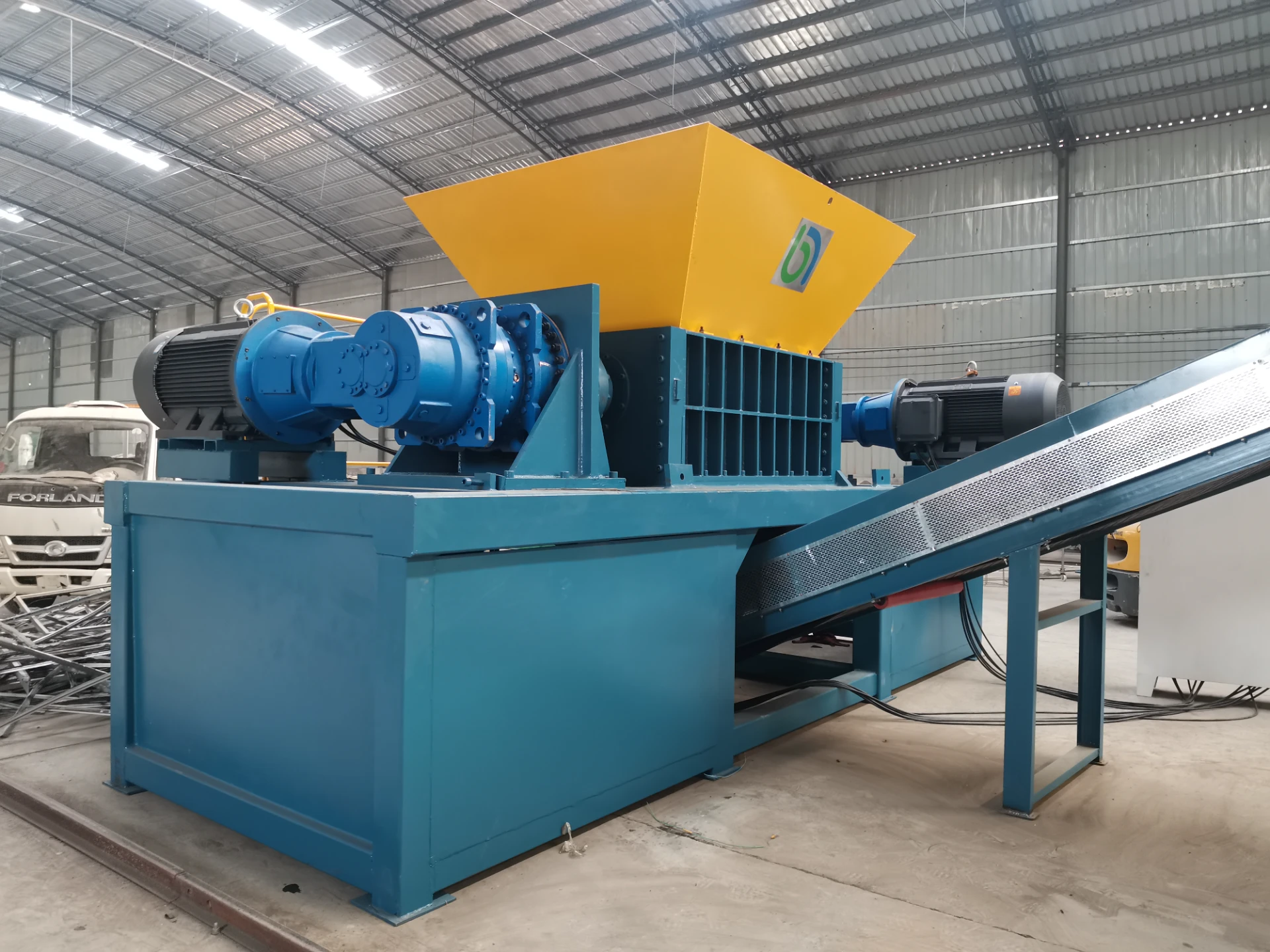Recycling printed circuit boards (PCBs) is crucial not only for environmental sustainability but also for resource recovery. As e-waste continues to pile up, finding effective and efficient ways to recycle PCBs has become imperative.
Here’s a comprehensive guide on how to recycle PCB boards, combining years of expertise and trusted methodologies.

PCB boards are an essential component of modern electronics, serving as the backbone of many devices. However, recycling them is complex due to their diverse material composition. A thorough understanding of both the structure and recycling processes is necessary for success.
The Complexity of PCB Recycling

PCBs are made of various materials, including copper, fiberglass, resins, and small amounts of precious metals like gold, silver, and palladium. Due to this complexity, simply shredding or discarding them is not an option. Improper disposal leads to toxic waste and resource wastage.
Step-by-Step PCB Recycling Process
1. Collection and Sorting
The recycling journey begins with the collection of e-waste. It is imperative to sort PCBs from other types of waste to streamline the process. This stage may involve manual sorting or machine-assisted separation systems to ensure accuracy.
2. Dismantling
The next step is dismantling. Technicians skilled in e-waste management carefully remove valuable components from the PCB. This step maximizes the recovery of functional and repairable parts, thus enhancing the recycling process’s efficiency.
3. Crushing and Shredding
The remaining boards undergo crushing and shredding. This mechanical process reduces the boards into smaller pieces, preparing them for further processing. It's essential that this process is conducted under controlled conditions to prevent dust and hazardous material release.
4. Separation of Materials
Advanced techniques, such as magnetic separation and gravity separation, are employed to segregate metallic and non-metallic materials. Magnetic fields pull ferrous metals away, while gravity separation aides in pulling lighter materials, aiding in the recovery of valuable components.
5. Chemical Processing
To extract precious metals, chemical leaching techniques are applied. These involve the use of specific solutions that dissolve metals, which can later be recovered. Expertise and caution are important during this stage to handle chemicals safely and minimize environmental impact.
how to recycle pcb boards
6. Refining and True Material Recovery
The final step is the refining process. Recovered metals are purified to be reused in new electronic components. Expertise in metallurgy and chemistry ensures that maximum purity and quality are achieved, making the metals ready for reuse.
PCB Recycling Importance and Benefits
Recycling PCBs is not only about resource recovery but also about environmental protection. By reducing the need for raw material extraction, greenhouse gas emissions are minimized, and fewer toxins are released into the environment. Moreover, recycling allows for the reduction of e-waste, addressing both ecological and human health concerns.
Expert Recommendations for Effective Recycling
- Use of Updated Technology
Always utilize up-to-date machinery and methodologies to improve efficiency and safety in PCB recycling.
- Compliance with Regulations
Adhere to local and international recycling regulations and standards to ensure sustainable operations and build trust with stakeholders.
- Continuous Training and Development
Invest in the training of personnel to keep abreast of the latest recycling techniques and safety measures.
- Building Partnerships
Form collaborations with tech companies, environmental agencies, and recycling experts can foster innovation and enhance recycling efforts.
Conclusion
As technology rapidly evolves, the cycle of electronic devices accelerates, leading to more opportunities and responsibilities in recycling. Mastering PCB board recycling underlines a commitment to sustainability and technological progress, showcasing expert leadership in managing electronic waste. By following these expert-driven processes and best practices, recyclers can significantly contribute to a greener and more resource-efficient future.



